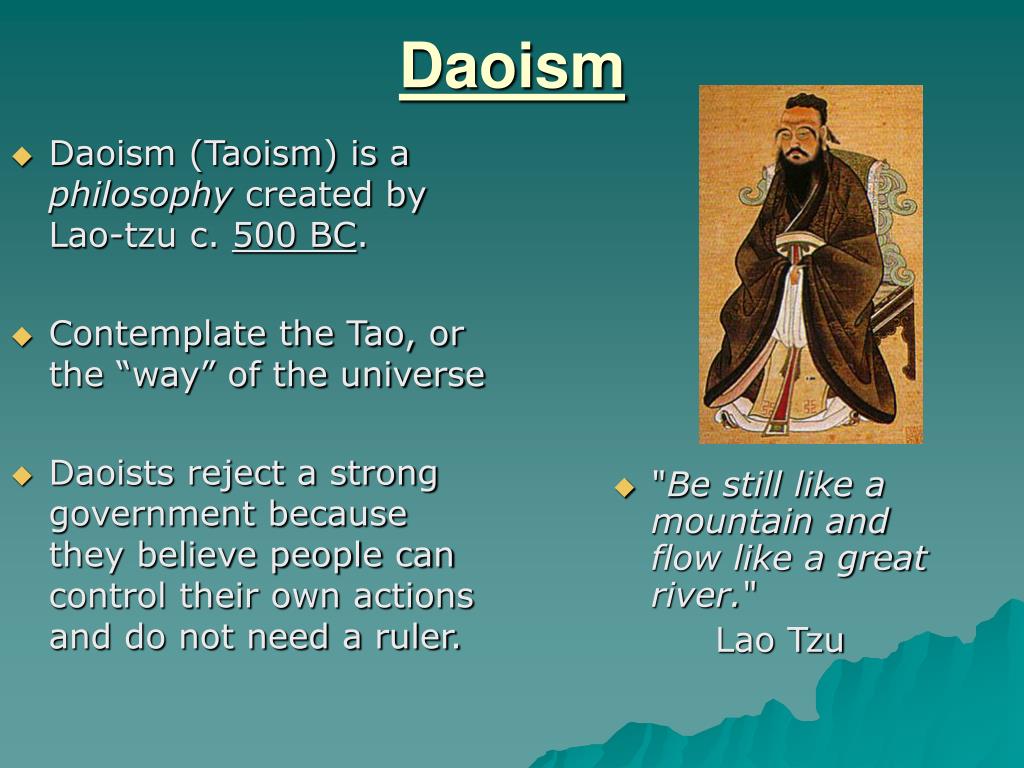[Revised entry by Eric Oberheim and Paul Hoyningen-Huene on May 7, 2024.
Changes to: Main text, Bibliography]
The term ‘incommensurable’ means ‘to have no common measure’. The idea traces back to Euclid’s Elements, where it was applied to magnitudes. For example, there is no common measure between the sides and the diagonal of a square. Today, such incommensurable relations are represented by irrational numbers. The metaphorical application of the mathematical notion specifically to the relation between successive scientific theories became controversial in 1962 after it was popularised by two…
Originally appeared on Stanford Encyclopedia of Philosophy Read More
Post Views: 110








